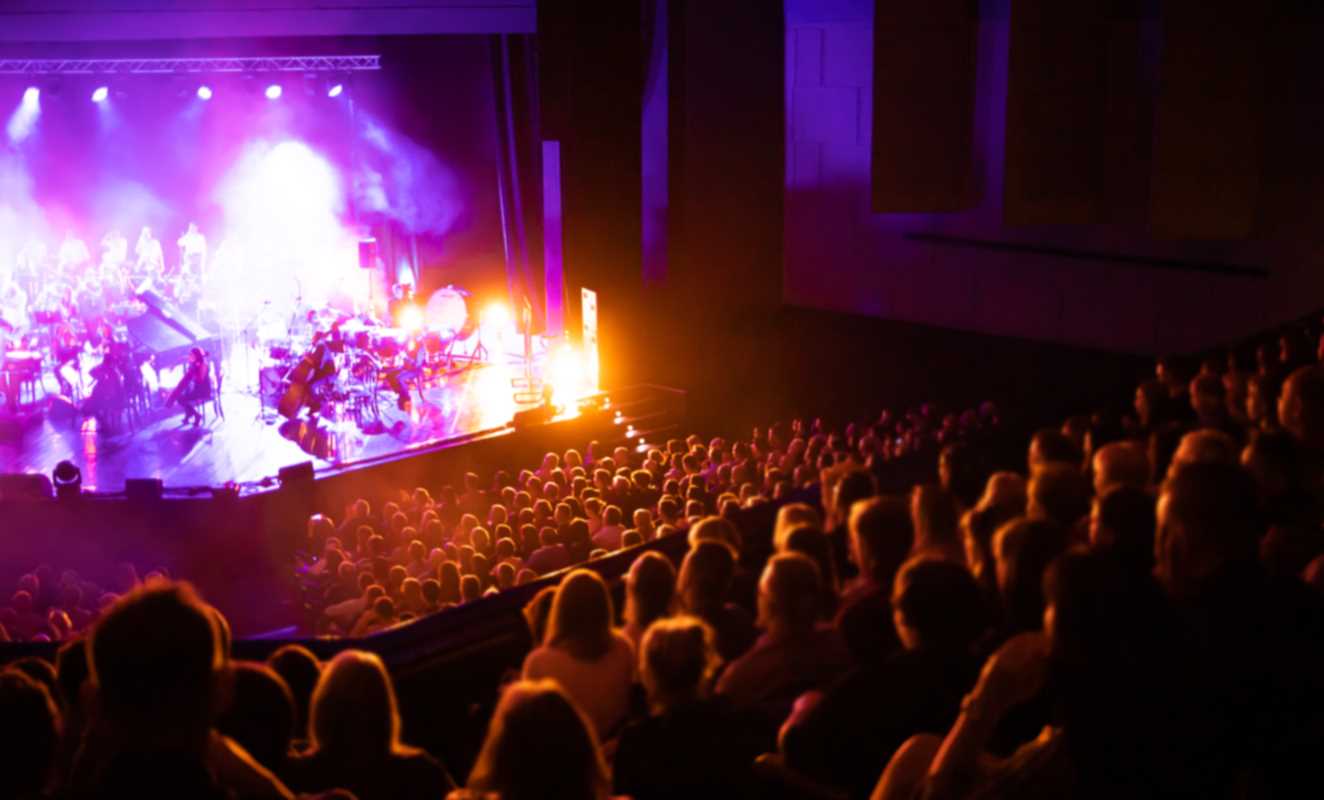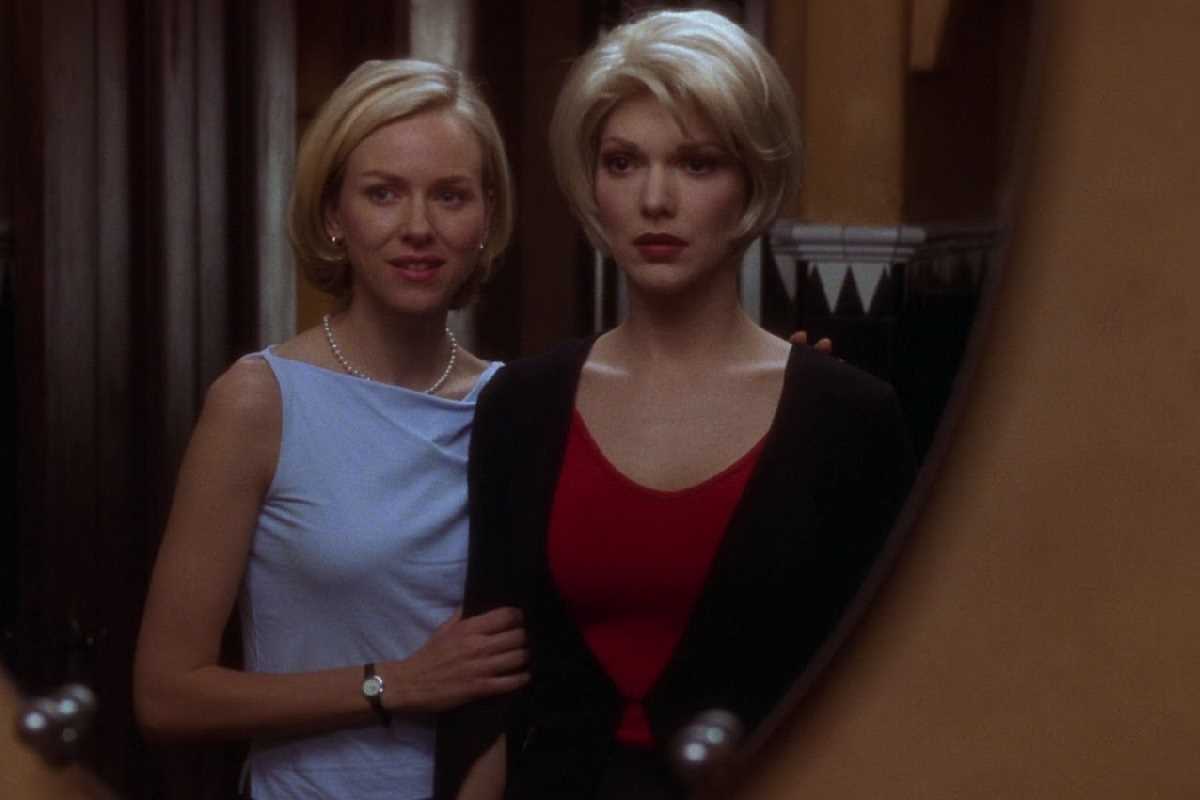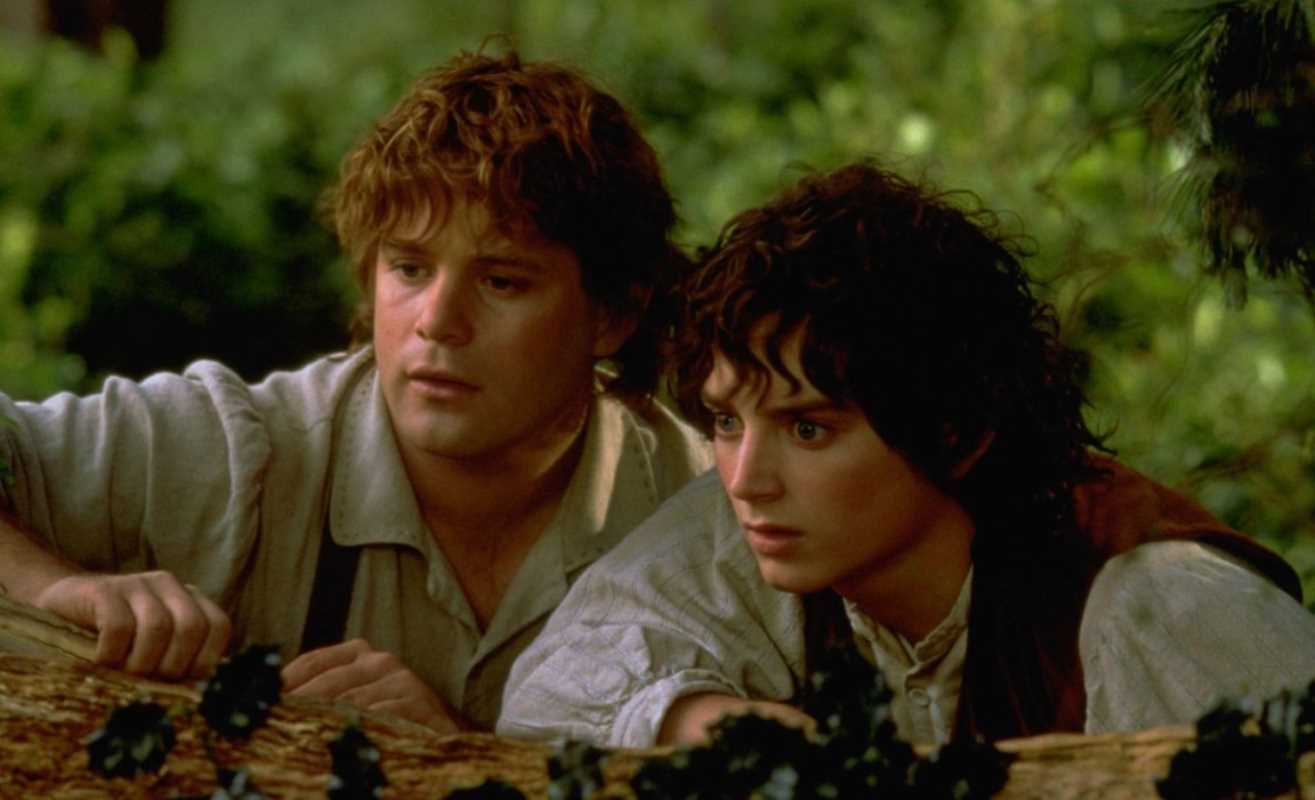The Godfather trilogy, directed by Francis Ford Coppola and based on Mario Puzo's novels, is one of the most influential cinematic works in history. It has transcended the gangster genre, becoming a cultural touchstone and shaping how we view crime, family, and power. The trilogy, consisting of The Godfather (1972), The Godfather Part II (1974), and The Godfather Part III (1990), set new standards for filmmaking, storytelling, and character development. Its impact goes beyond the screen, influencing everything from language to politics, fashion, and real-life perceptions of organized crime.
Power and Family in the Heart of the Story
At its core, The Godfather trilogy is about the Corleone family, focusing on the shifting dynamics of power, loyalty, and responsibility. The family's story unfolds across the three films, showing their rise to dominance, their internal struggles, and ultimately, the consequences of their actions. Family is the driving force behind much of the trilogy’s plot, and the characters' loyalty to one another, even in the face of betrayal, is a central theme.
One key moment early in the first film illustrates this tension: when a visitor asks Don Vito Corleone (Marlon Brando) for a favor, he initially refuses with the line, “That I cannot do.” It reveals Corleone’s strict moral code and the boundaries he maintains, even when it comes to family. This idea of boundaries—respecting codes of honor and loyalty—is a key theme throughout the trilogy and part of what gives it its depth.
The Evolution of Michael Corleone
Michael Corleone’s transformation is one of the most compelling aspects of The Godfather trilogy. From a war hero trying to distance himself from the criminal underworld to the cold, calculating head of the Corleone family, Michael's arc is tragic. In The Godfather, Michael initially resists the mafia life that defined his father, Don Vito. But after an assassination attempt on his father, Michael is thrust into the family business. His descent into darkness is gradual, but by the time we reach The Godfather Part II, Michael has embraced his role, becoming a ruthless leader determined to secure his family's future.
The tragic nature of Michael's transformation is evident in his personal life. His relationship with his wife, Kay (Diane Keaton), deteriorates, and his actions become increasingly isolated from his family. By the conclusion of The Godfather Part II, Michael is fully entrenched in his role, embodying the very power dynamics and ethical compromises his father once sought to shield him from.
Cinematic Innovation and Visual Legacy
The Godfather trilogy also set new standards for cinematography, especially through the work of director of photography Gordon Willis. His innovative use of lighting and shadows helped define the trilogy’s distinctive visual style. The films' frequent use of low-key lighting creates an atmosphere of moral ambiguity, reinforcing the idea that the world of the Corleones is one of both power and danger.
The lighting choices highlight the division between the old-world values of the Corleone family and the more modern, ruthless world that Michael inhabits. One of the standout examples of this visual style is the opening scene of The Godfather, which begins with a darkened office and soft lighting, capturing the somber mood of the film. The contrast between dark and light further emphasizes the tension and duality at the heart of the Corleones’ world.
A New Definition of the Gangster Genre
Before The Godfather, gangster films primarily revolved around crime and violence, often glorifying the mafia lifestyle. However, The Godfather trilogy took a more nuanced approach, blending tragedy, drama, and opera to explore the moral complexities of its characters. Instead of simply depicting the rise of a criminal empire, the trilogy focuses on the consequences of this lifestyle—the price of power, the sacrifices required, and the toll it takes on family relationships.
The films are also notable for their exploration of the mafia’s code of conduct. While the Corleones engage in illegal activities, the trilogy portrays them as adhering to a personal code of honor and loyalty. This distinction between their personal morality and their criminal enterprises gives the characters depth and complexity, making the trilogy more than just a crime story—it’s a profound exploration of the choices people make when placed under immense pressure.
Iconic Moments and Dialogue
The Godfather trilogy is packed with unforgettable moments, many of which have become iconic in popular culture. From the line “I’ll make him an offer he can’t refuse” to “Keep your friends close, but your enemies closer,” these quotes have become part of the public lexicon, often evoked in discussions of power and strategy. But beyond these memorable lines, the films also contain moments of emotional depth that have contributed to their lasting legacy.
In The Godfather Part II, Michael’s chilling monologue, “I can handle things, I’m smart. Not like everybody says, like dumb... I’m smart and I want respect,” illustrates his growing ruthlessness. The quiet, powerful moments—like Don Vito’s refusal to carry out a request—underscore the films’ focus on the principles of loyalty, honor, and the consequences of wielding power.
Cultural Impact and Legacy
The influence of The Godfather trilogy extends far beyond cinema, shaping everything from language to fashion to politics. The films’ portrayal of organized crime, family loyalty, and the tension between personal ethics and professional duties has resonated with generations of audiences. Quotations from the trilogy have entered everyday speech, and its influence is seen in many subsequent works of fiction, from Goodfellas to The Sopranos.
The Godfather also helped redefine how organized crime was represented in media. Before the trilogy, mafia figures were often depicted as one-dimensional villains. Coppola’s films humanized these characters, showing the complexities and internal conflicts that defined them. This more nuanced portrayal of crime bosses and their families changed how audiences understood not just organized crime but also the concept of family loyalty, violence, and moral compromise.
Filmmakers like Martin Scorsese, Quentin Tarantino, and others have acknowledged The Godfather's profound impact on their work. The trilogy set the stage for a new wave of crime dramas that combined intense character studies with intricate, multi-layered storytelling. Its influence can be seen in nearly every major film or TV show dealing with crime and morality in the years since.
 (Image source: Paramount Pictures; Alfran Productions)
(Image source: Paramount Pictures; Alfran Productions) .jpeg)





